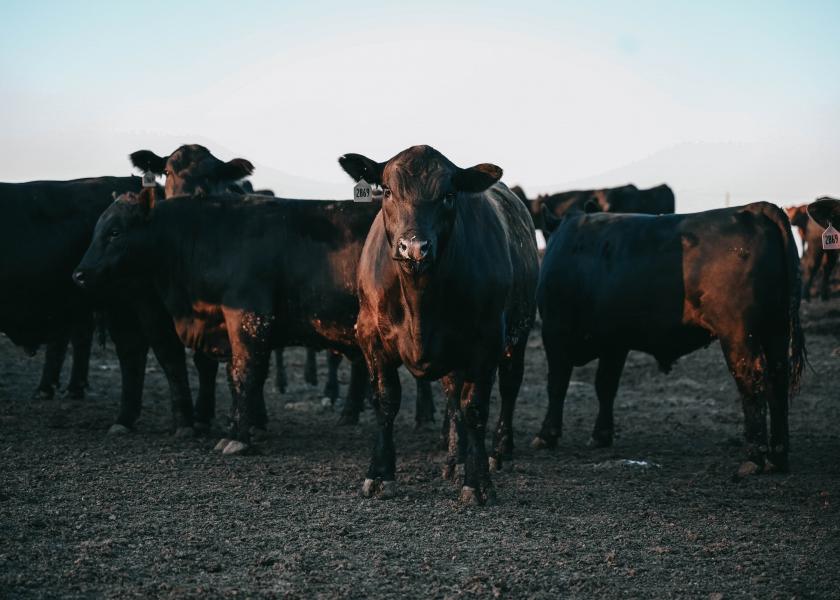John Nalivka: The Beef Industry’s Future

There is no doubt – making or losing money defines the future of a business. Well, perhaps with the exception of some publicly traded companies that are never profitable yet continue to survive. But, let’s face it, they survive because an investor or investors continue to push money their direction and there are plenty of examples today, many of which are listed on the New York Stock Exchange or the NASDAQ. I am not taking issue – just saying.
Ranching makes money the old fashion way and survives on the ability to create a situation where revenue exceeds costs. My business operates the same way. Changes in market structure affects all of us who are tied to agriculture and the food industry, including ranchers, sales yards, packers, processors, restaurants, banks, and yes, even market advisory firms and futures brokerage houses. The risk is high, but the rewards are very satisfying. I have always taken a great deal of pleasure in associating with agriculture and the food industry.
It is disconcerting to watch as a few become disruptive at a time when the beef industry is now realizing very positive progress in moving to satisfy the most important aspect of any business – the customer. They have accomplished this with attention to consumer preference, product quality, and most importantly, consistency toward both. This has been key to maintaining and solidifying the viability of the U.S. beef industry. And, while the argument may be against formula pricing, packers have sold a finished beef product to a customer with guaranteed specifications.
Complying with those specifications and maintaining customer satisfaction depends on coordinating the finished cattle that have the highest probability of hanging a carcass on the rail that will meet those specifications. This isn’t the only industry that has that challenge. Reputation for producing the desired product is the incentive and sound financial analysis of your ranching operation on an ongoing basis is necessary.
Yes, I may belabor the topic somewhat, but there are plenty of groups out there who want to see cattle ranching as a bygone industry. They thrive on a strategy of divide and conquer. We have experienced it first hand in the 50-year debate over public lands. “Cattle Free in ’93” was all about pitting the small federal grazing permittees against the large ones. I stood by good friends who ranched in Nevada and were probably defined as the large permittees We fought against activists. We all understood the issues, the motivation of the activists, and the importance of Federal grazing permits. And you know what - the range did not become Cattle Free in ’93 nor in 2019! Ranchers stood together and survived together.
While I understand the frustration of a changing economic environment, it’s important that the beef industry move forward together – without government interference.
Related stories:
Justin Sexten: The How And What Of Traceability
John Nalivka: Thoughts On Beef Production, Prices And Margins







